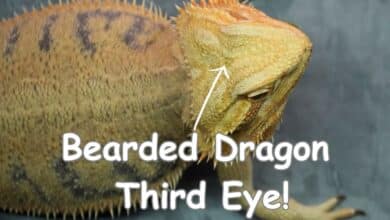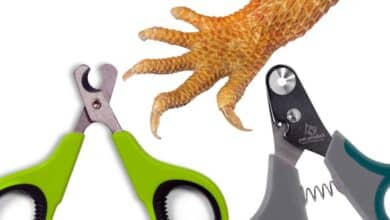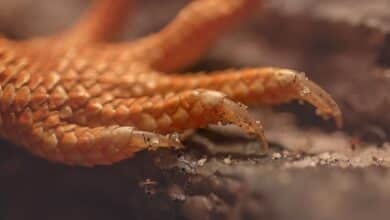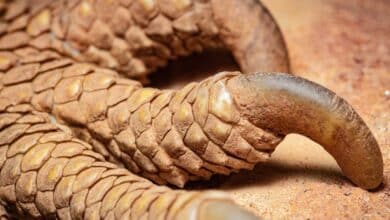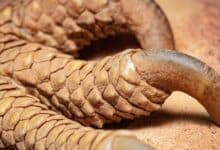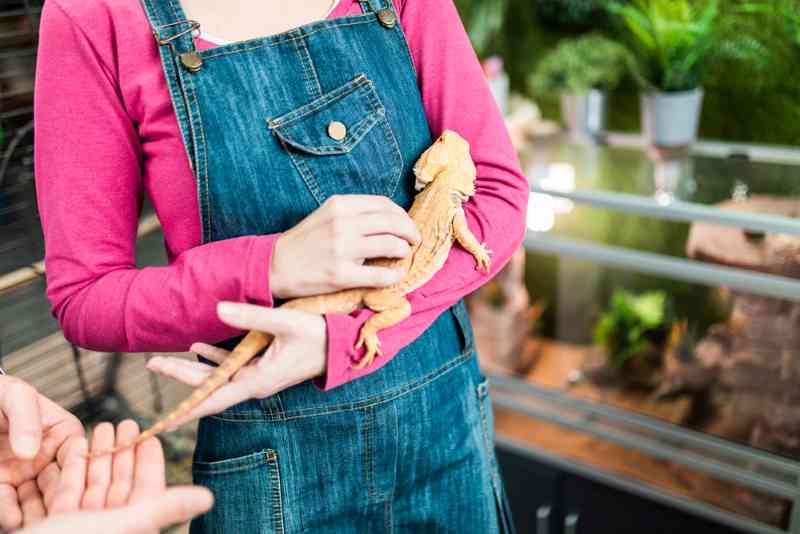Is Your Bearded Dragon Depressed or Sad? How To Tell & Cheer Them Up!

You might have noticed some recent changes in your bearded dragon’s behavior. If they have you worried, you might be wondering: is my bearded dragon sad?
A depressed bearded dragon might become lethargic and lose their appetite. A sign indicating they are very depressed or sad is they are hiding more often. Their belly may also become discolored.
Since depression can lead to more serious health problems in a beardie, you’ll want to make sure you address the cause as soon as possible. The rest of this article will go into reasons why your beardie might be sad, and how to fix them.
Contents
Why Is My Bearded Dragon Sad?
If your vet can’t find anything wrong health-wise with your beardie, they may be depressed or stressed in some way. There are a few possible reasons for depression in bearded dragons, depending on their circumstances and environment.
They’re Stressed About Your Other Pets
Do you have other pets in your household? How does your bearded dragon react when your dog or cat gets close to their enclosure?
How bearded dragon reacts to a much bigger animal in their space depends on their personality. Some beardies feel perfectly safe with a dog or cat around. They might even bond with their furry family members. However, others will spend much of their time hiding, or showing signs of aggression. They might view your canine or feline friends as potential predators.
If you notice your beardie hiding when other pets are around, do your best to keep them out of sight of the enclosure. Keep your dog or cat out of the room when you let your beardie out for playtime. These steps will help your bearded dragon feel calm and safe.
They’re Sad Because Their Enclosure is Too Small
Ideally, your bearded dragon’s vivarium should grow with them. Experts often base proper enclosure sizes on the length of an individual beardie. The enclosure you used when your dragon was just a hatchling is nowhere near big enough for an adult lizard.
Below is a table of proper enclosure sizes for your bearded dragon at every stage of their lives:
| Gallons | |
| Hatchling/Baby (0-5 months) | 30 – 40 |
| Juvenile (6-12 months) | 40 – 75 |
| Adult (1 year and up) | 40 – 120 |
Keep in mind that bigger is almost always better for a bearded dragon. Make sure their enclosure mimics their wild environment as closely as possible in terms of temperature. Your beardie will also need a couple of hiding spots. A proper environment will help your beardie feel safe and secure.
They Don’t Have Enough Enrichment and are Bored
Like many animals, bearded dragons get bored and lethargic without enough mental stimulation. A few owners think just taking care of a beardie’s physical needs will be enough. This couldn’t be further from the truth. Bearded dragons love to play, explore, and be affectionate, just like many mammalian pets.
Possible enrichment activities for your beardie include:
- Walks outside with a harness and leash
- Live insect hunting, either in or out of the enclosure
- Handling, once they’re used to it
- Looking out a window
- Play with beardie-appropriate toys (cat toys work great!)
- Baths
- Take them to a previously unexplored room in your house
Obviously, you should try to make these activities as safe as possible for your beardie, especially if they involve going outside. If their enclosure has a loose substrate, don’t let them hunt live insects inside their vivarium. They could accidentally eat some of their substrates when trying to catch their prey.
They’re Sad Because One of Their Friends Recently Passed Away
This might seem a little backward if you’re familiar with common knowledge about bearded dragon behavior. Despite the advice about not letting bearded dragons live in the same enclosure, many experienced beardie parents have still observed their lizards bonding with each other. Therefore, they don’t find it odd when one of their beardies dies and another becomes lethargic, almost as if they’re in mourning.
Unfortunately, this cause of depression is more difficult to treat. Try your best to keep your remaining bearded dragon to a daily routine. Offer them their favorite snacks, even if they don’t seem to have much of an appetite. Like grief in humans, it might take a little time for your beardie to get back to normal.
Conclusion
Bearded dragons can become sad or depressed in certain circumstances. If their lack of energy and desire to eat isn’t health-related, look for another possible reason. It could be related to their environment, a lack of activity, or grief. Observation of your beardie will help you tailor a solution to their problem, helping them feel happy and safe.
